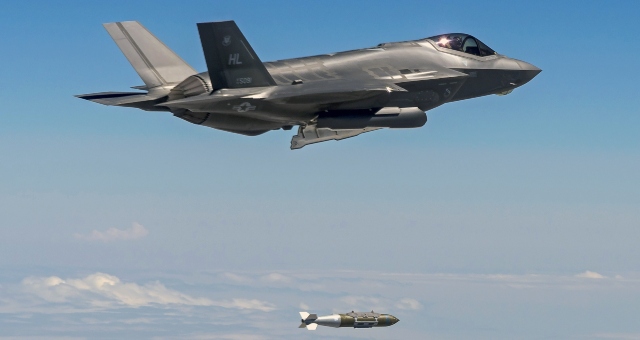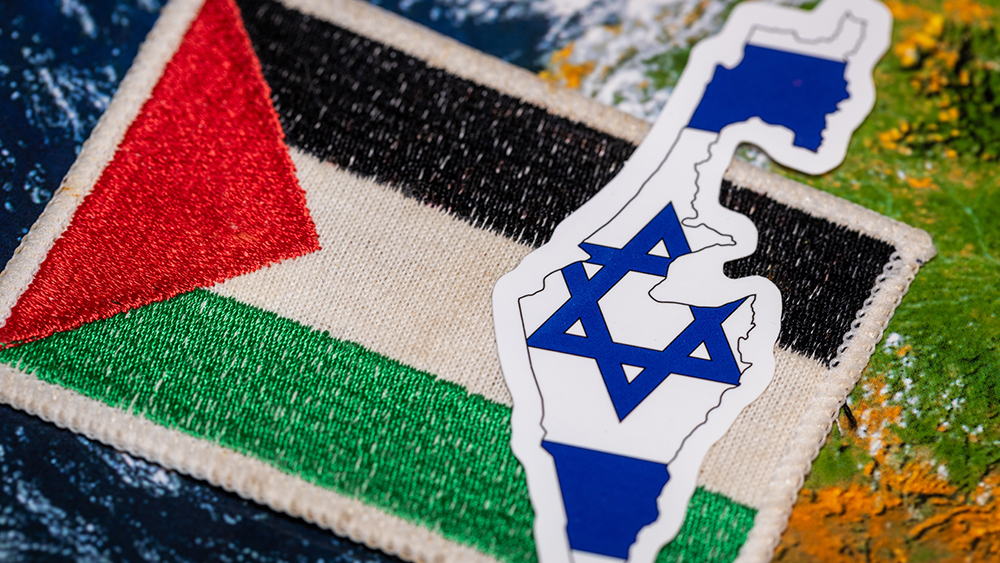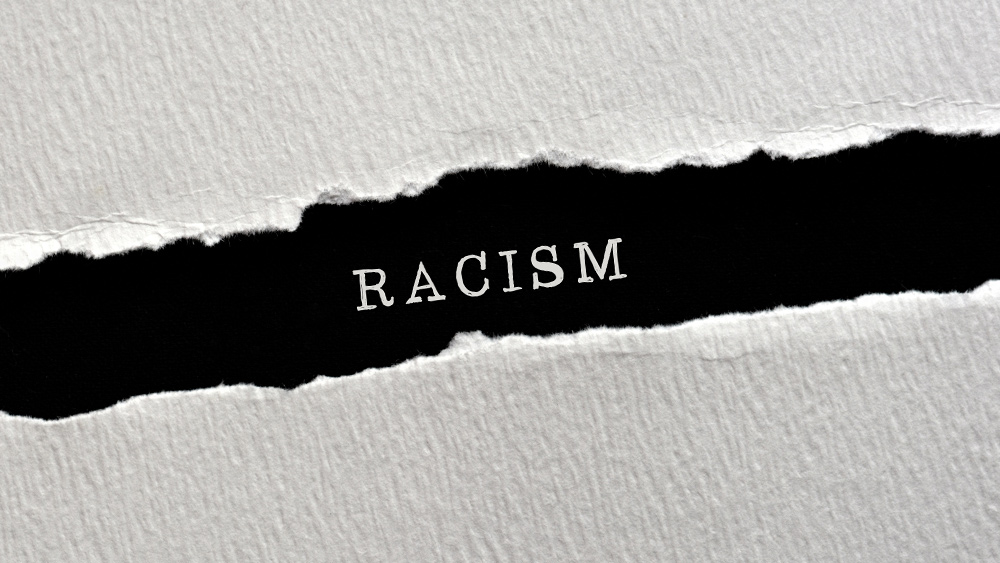 Parler
Parler Gab
Gab
95 civilians – 42 of them children – killed in unlawful Israeli attacks in Rafah
International NGO Amnesty International was able to gather fresh evidence that Israel recently held deadly unlawful attacks in southern governorate of the Gaza Strip that was supposed to be "safe." According to the non-profit's probe, there were four Israeli strikes – three in December 2023 after the humanitarian pause ended and one in January 2024 – that killed at least 95 civilians, including 42 children in Rafah, which it was supposedly the "safest" area in the strip. In all four attacks, Amnesty did not find any indication that the residential buildings hit could be considered legitimate military objectives or that people in the buildings were military targets, raising concerns that these strikes were direct attacks on civilians and civilian objects and must therefore be investigated as war crimes. Even if Israeli forces had intended to target legitimate military objectives in the vicinity, these attacks evidently failed to distinguish between military objectives and civilian objects and would therefore be indiscriminate. Indiscriminate attacks that kill and injure civilians are war crimes. "Entire families were wiped out in Israeli attacks even after they sought refuge in areas promoted as safe and with no prior warning from Israeli authorities. These attacks illustrate an ongoing pattern of Israeli forces brazenly flouting international law, contradicting claims by Israeli authorities that their forces are taking heightened precautions to minimize harm to civilians," said Erika Guevara-Rosas, the organization’s Senior Director of Research, Advocacy, Policy and Campaigns. She added that among those killed were a baby girl who had not yet turned three weeks, a prominent 69-year-old retired physician, a journalist who welcomed displaced families into his house and a mother sharing a bed with her 23-year-old daughter. "The testimonies that grieving survivors shared should serve as a reminder that these atrocity crimes in Gaza are a stain on the collective conscience of the world," said Guevara-Rosas. Amnesty also reviewed the war diary published by the Israeli military's official page and found no reference to any of the four strikes. They sent questions to Israeli authorities twice in January and received no response as of press time. Head over to Humanitarian.news to read more stories related to human rights violations being committed in the Middle East conflict. Sources for this article include: RT.com Rechtspraak.nl Amnesty.orgChina backs Palestinians’ right to use armed force against Israel
By Richard Brown // Share
Former Google employee says he was told he couldn’t be promoted ‘for being a White man’
By News Editors // Share
Google AI says calling communism “evil” is “harmful and misleading”
By News Editors // Share
The outrageous persecution of Julian Assange
By News Editors // Share
Governments continue to obscure COVID-19 vaccine data amid rising concerns over excess deaths
By patricklewis // Share
Tech giant Microsoft backs EXTINCTION with its support of carbon capture programs
By ramontomeydw // Share
Germany to resume arms exports to Israel despite repeated ceasefire violations
By isabelle // Share










